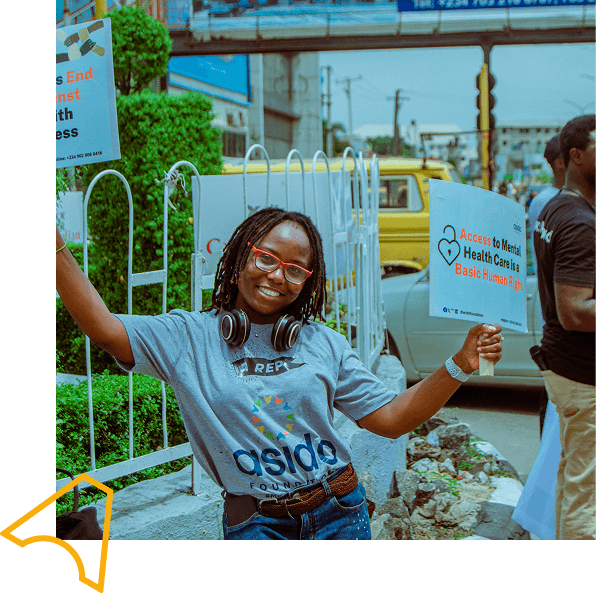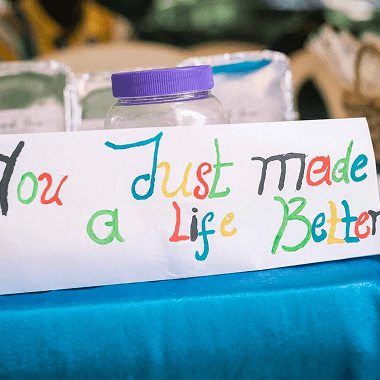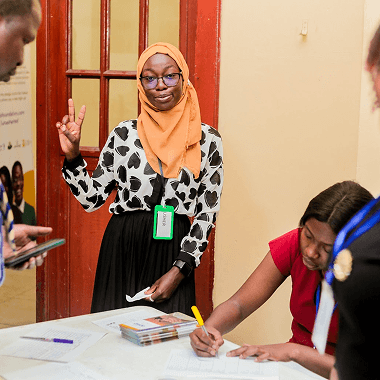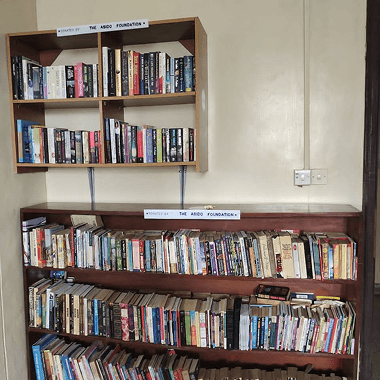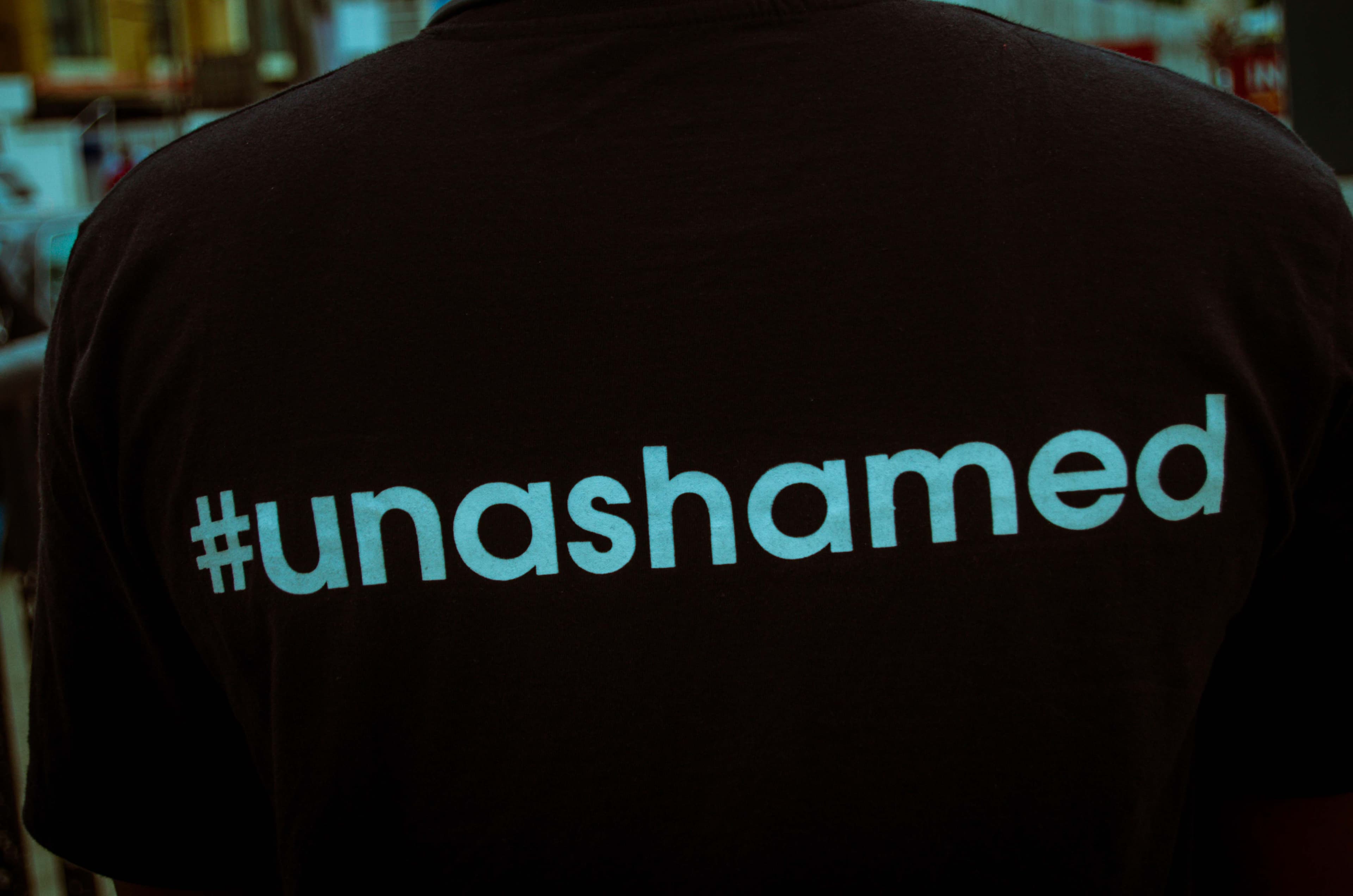
Advocating for Mental Health, Changing Lives
Asido Foundation is a mental health advocacy nonprofit working to reshape Nigeria's perception of mental health. Through advocacy, education, and empowerment, we're working every day to make this stigma-free vision a reality one life at a time.
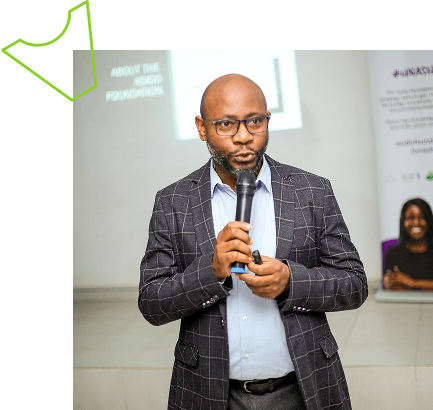

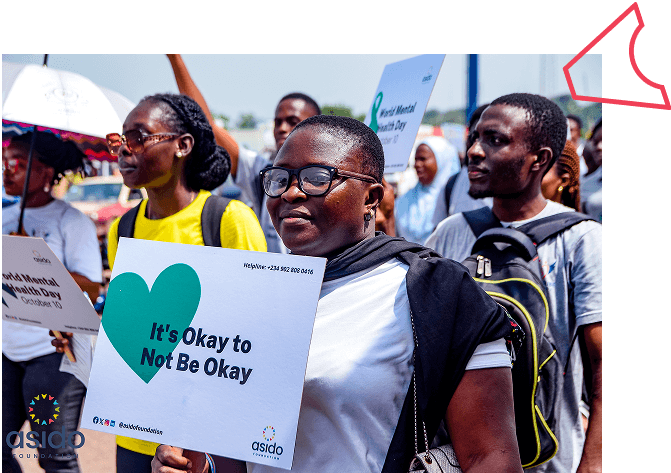

Impact in Action
Where Advocacy Meets Real World Change
Through advocacy, education, and support, we're building a stigma-free future for mental health in Nigeria.
0+
people reached with mental health campaigns
0+
individuals empowered through training & support
0
strategic partnerships driving impact across sectors
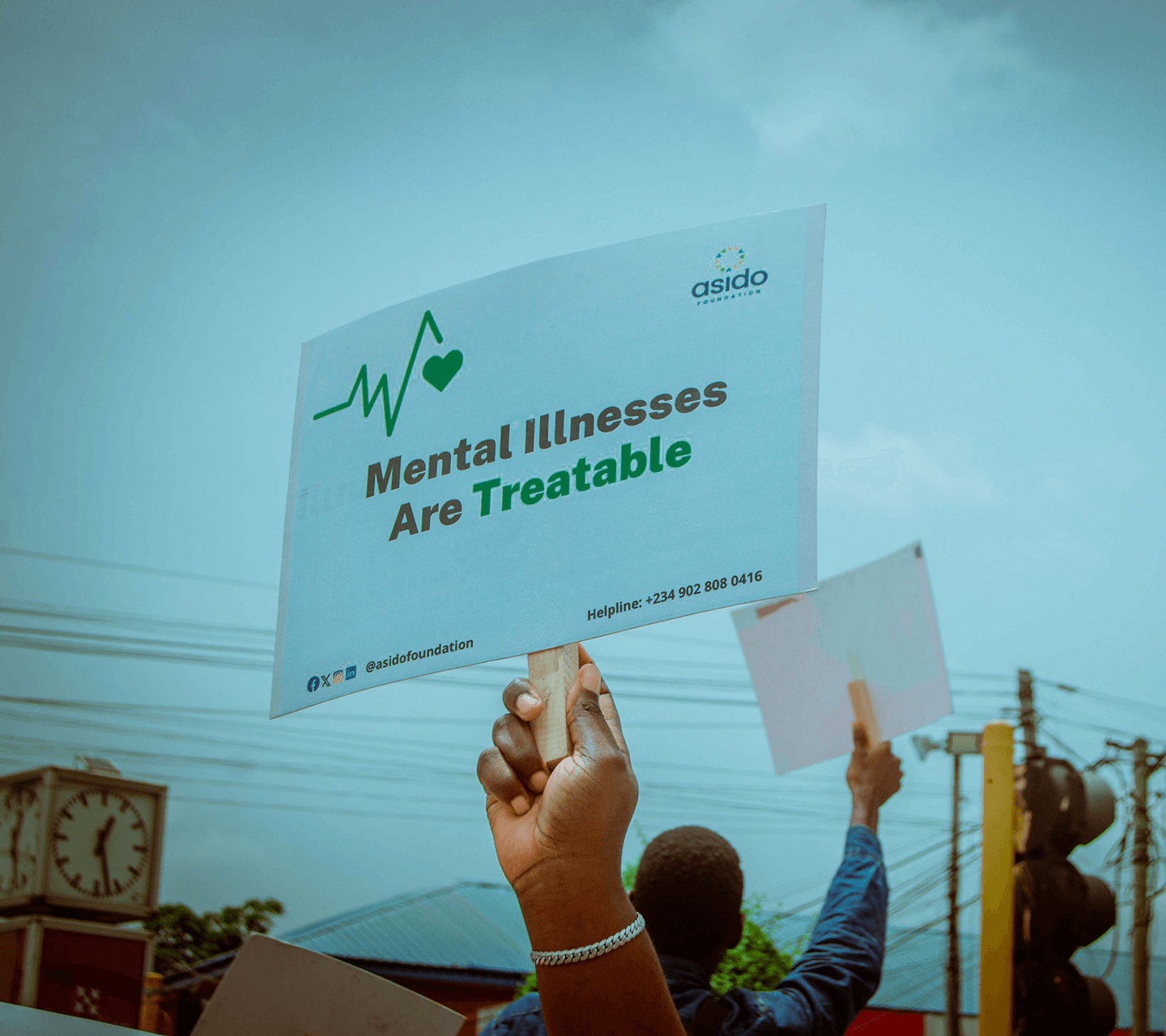

Mapping the Movement
56,497 Nigerians have taken the Unashamed Pledge to end the stigma around mental illness
Success Stories
Personal stories that break silence, spark hope, and shifts stigma


Being an ambassador and member of the Directorate of Media and Publicity for Asido Campus Network University of Ibadan was a turning point for me. Upon becoming the Deputy Director of Media and Publicity, I gained hands-on experience managing the network's social media platforms, including Instagram and Twitter, among others.
Joyce Ekundayo
Law Student, University of Ibadan
Make A Difference
Through advocacy, education, and support, we're building a stigma-free future for mental health in Nigeria
Take a Moment for Your Mental Health

